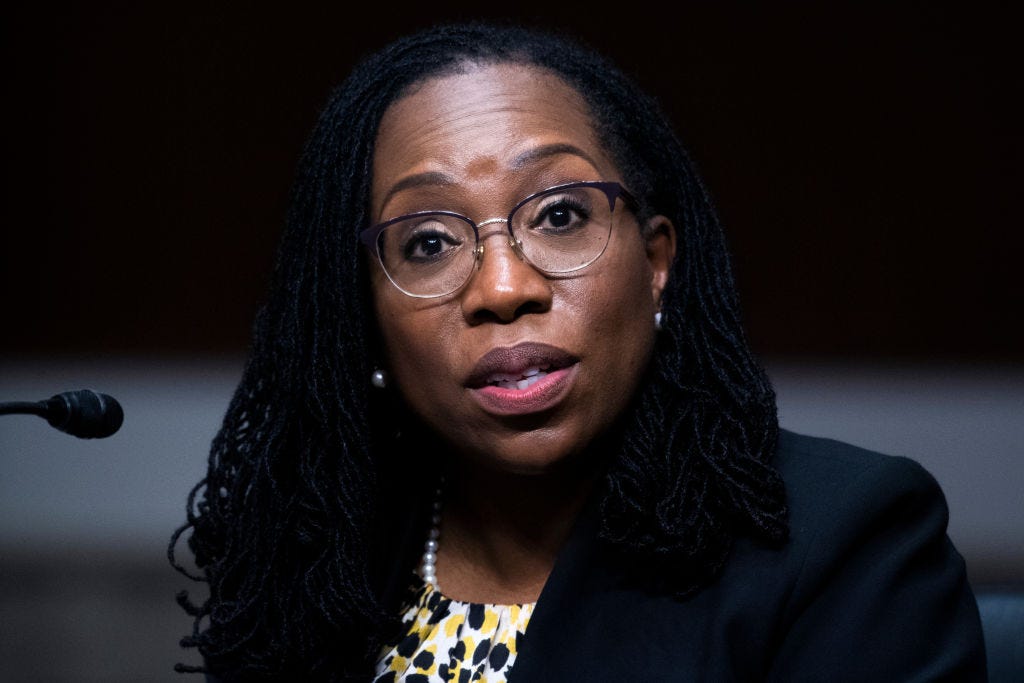Supreme Court ties us up in pipelines, and Ketanji Brown Jackson continues the trend
Pay attention to Jackson's past decision opposing pipeline-related environmental reviews and her slim Indian Country record.

WASHINGTON — For Indigenous Wire, this week was supposed to be largely about two important U.S. Supreme Court cases — one focused on gaming in Texas
Keep reading with a 7-day free trial
Subscribe to Indigenous Wire to keep reading this post and get 7 days of free access to the full post archives.

